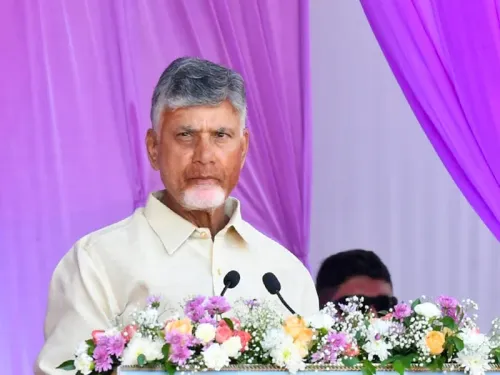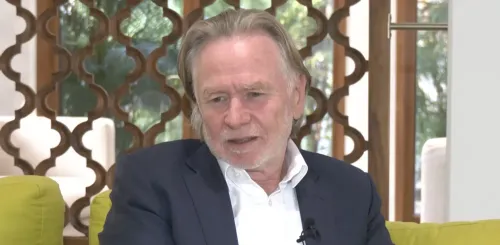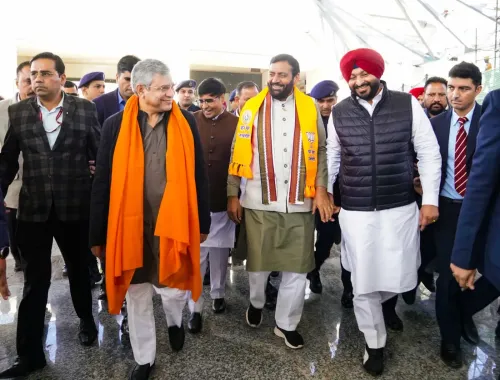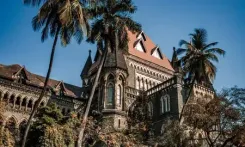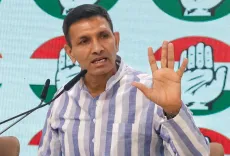Is rampant corruption hindering Pakistan's development?

Synopsis
Key Takeaways
- Corruption severely hampers Pakistan's development.
- Urgent reforms in governance and public representation are needed.
- Past administrations have ignored the issue, treating it as inevitable.
- Extravagant projects distract from essential needs.
- Significant portions of development spending are lost to corruption.
New Delhi, Nov 28 (NationPress) The IMF, in a recent report, has brought to light the widespread corruption in Pakistan that has severely hampered the nation's development.
The release of this report on the website of Pakistan's Finance Ministry has sparked significant discussions across the country's television networks, serving as a stark reminder of the persistent complacency within the power hierarchy. Rather than being motivated to take urgent action, successive past administrations have regarded corruption as an inevitable reality, as noted in an article from The News International.
Pakistan reflects a global trend where nations falter when their leaders neglect corruption. The mainstream populace has suffered due to deteriorating governance systems, which have long been overlooked by the ruling elite.
An article by journalist Farhan Bokari from Islamabad emphasizes two tragic trends at the core of the IMF’s report.
Firstly, the fact that the report was published at the request of a foreign lender instead of through a domestic initiative underscores the insincerity regarding this issue throughout the power structure, which is indeed tragic. Secondly, the report identifies gaps that enable corruption across Pakistan. However, aside from highlighting these gaps, the report lacks substantial guidance on how to advance in the fight against corruption. A crucial point that needs addressing is the urgent need for reform in governance, leadership, and public representation.
Currently, the ruling structure in Pakistan is increasingly exposed for its failure to confront corruption at the grassroots level. Essential services such as police support, municipal services, healthcare, and education have become privileges for a select few, as noted in the report.
Amidst a trend toward elitism, policy directions have increasingly benefitted a small fraction of the population. Extravagant projects like electric buses or additional highways, and even a planned glass-covered train from Rawalpindi to Murree via Islamabad, appear bewildering, especially in light of rising food insecurity nationwide. The escalating poverty levels across the country contradict official statements, demonstrating a grave situation in Pakistan, the report further indicates.
The report suggests that addressing corruption demands a substantial policy shift driven by the populace's needs.
For Pakistan's future, at least three radical changes are necessary.
First, impractical projects labeled as development must be halted immediately. In the 1990s, Pakistan launched its first motorway from Lahore to Islamabad, promising new motorways would usher in industrialization and economic recovery. More than thirty years later, despite the introduction of additional motorways, the anticipated economic boom remains elusive.
The report stresses that treating corruption as an emergency necessitates a thorough assessment of Pakistan's development spending patterns. Previously, a senior UN official claimed that up to 55 percent of development funds in Pakistan were lost to waste and corruption. If accurate, this statistic is exceedingly concerning.
However, implementing comprehensive change requires overhauling the governing structures in Islamabad and the provinces. Convincing lawmakers to support taxes on affluent farmers has proven to be a daunting task. Even now, significant gaps persist regarding the enforcement of this law. Moreover, ensuring that wealthier Pakistanis fulfill their tax obligations remains a challenge, as the report points out.
Furthermore, the practice of equipping each elected official from the ruling party with ample funds for constituency development has long faced criticism for fostering corruption at the grassroots level, the report concludes.

